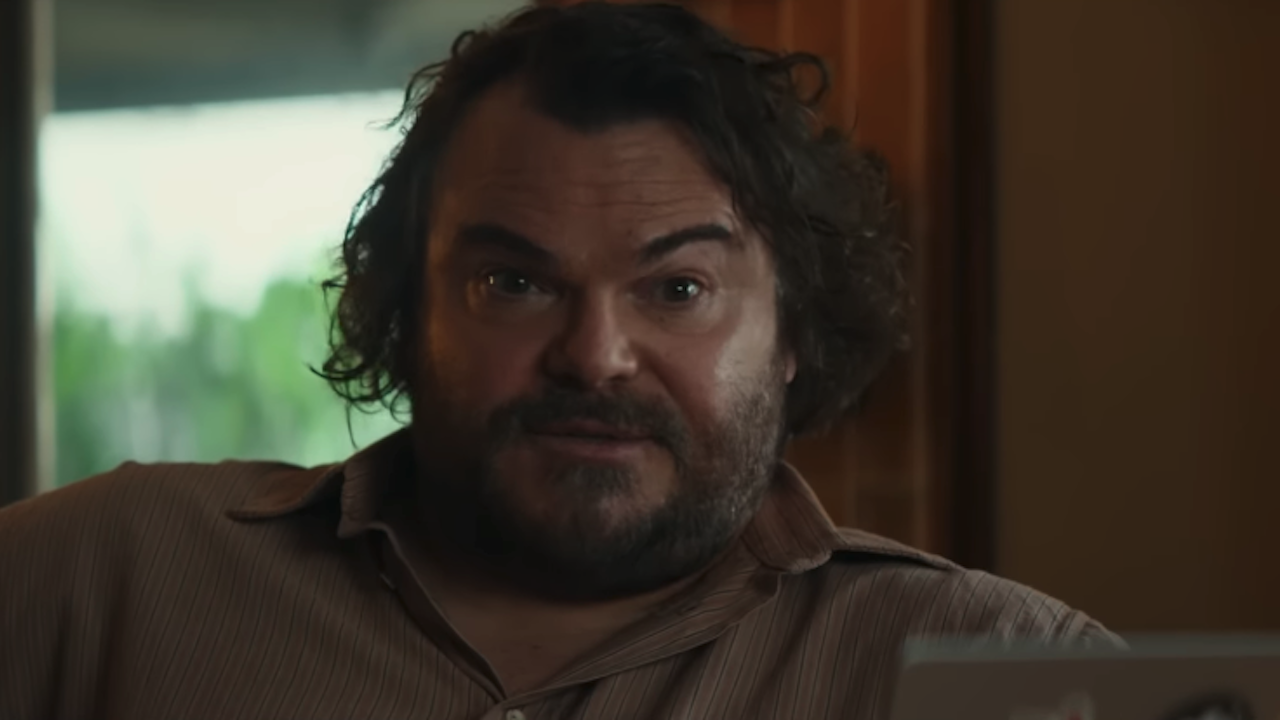Casual Games And The Future Of The Industry

Jack Thompson continues to hope, wish and dream that he can convince the savvy American consumer that games are evil. Not that they may be worthless forms of entertainment, but that they are unlocking the degenerate in all our children. While Thompson’s tomfoolery may make headline news every few months; his ideals are anything but solidified in the conscience of the common man. Case in point is a new international survey performed courtesy of Pop Cap Games. The latest survey into the effects of gaming has your parents and grandparents disagreeing with Thompson on the role of gaming in the youth of the world.
Sure, Thompson doesn’t talk about the unassuming games that a developer like Pop Cap Games works on. But who would put it past the ill-informed lawyer from targeting Heavy Weapon when he hears of the latest survey? Casual games, the genre de rigueur, have received high praise from casual gaming families. According to the study done by Information Solutions Group, 70% of these “family gamers” believe casual games are beneficial for their children and grandchildren. As games evolve and develop, perceptions about them change accordingly. Today you brag at work or school about bringing down your first Big Daddy in BioShock, where in the past games were something to be enjoyed alone, or with a select group of friends. Pop Games’ survey gets to the immediate benefit of casual games, but it also points to the ever changing attitude gaming receives from Joe Public.
7,500 adult respondents were a part of the international survey, with 31% indicating they had children less than 18 years of age playing casual games at home. Parents and grandparents alike play these games with the kids in their homes, and they cite many instances of benefits from the games. From improved hand-eye coordination, memory strengthening and confidence building to stress relief, families find great benefit in playing video games. Moreover, the adult’s surveyed felt playing games with their children fostered a stronger relationship within the family. This sounds a bit contrary to the propaganda of games being fairly worthless and mind sucking forms of entertainment.
“Casual games span generations and genders in ways that traditional ‘hardcore’ video games never have,” said Dr. Carl Arinoldo, a New York-based psychologist and author of “Essentials of Smart Parenting.” This may raise the hackles of the vehement hard core gamer who loves his hobby, but it is essentially true. Big, “Mature” rated, games falter as a tool to bring a feeling of cooperation and constructive skill instruction in the eyes of families because they are often focused on graphic violence. That’s an issue easily solved by the mother or grandparent willing to do a small bit of research. Over the years there have been a number of “hardcore” games that would transcend into the same world as casual games, but the very nature of their difficulty and gruesome presentation prevents that. Would any parent deny their child, at the appropriate age, the chance to watch Schindler’s List or Taxi Driver? And yet the perception of more mature games remains a stigma on the gaming industry.
There’s nothing in this survey that is surprising, but in light of the advances people like Ken Levine are making with story and atmosphere in games we would be remiss to overlook the direction games are moving in. The industry is roughly 2+ decades old, and it’s only in recent years that games as an all-encompassing entertainment medium have begun to turn up. The problem is not that anyone in the past threw away story, only that it was difficult to do well. The best games, like Ocarina of Time, were able to keep plots specific and simple; making them the perfect experience for the time. Casual games will always have a place in the world, but what they represent is the underlying structure of videogames. As developers begin understanding how a story can be woven into that structure, we’ll see games leap in quality and acceptance in a way similar to the change in movies from novelty shorts into deep pools of Orwellian brilliance.
Your Daily Blend of Entertainment News
Staff Writer at CinemaBlend.

